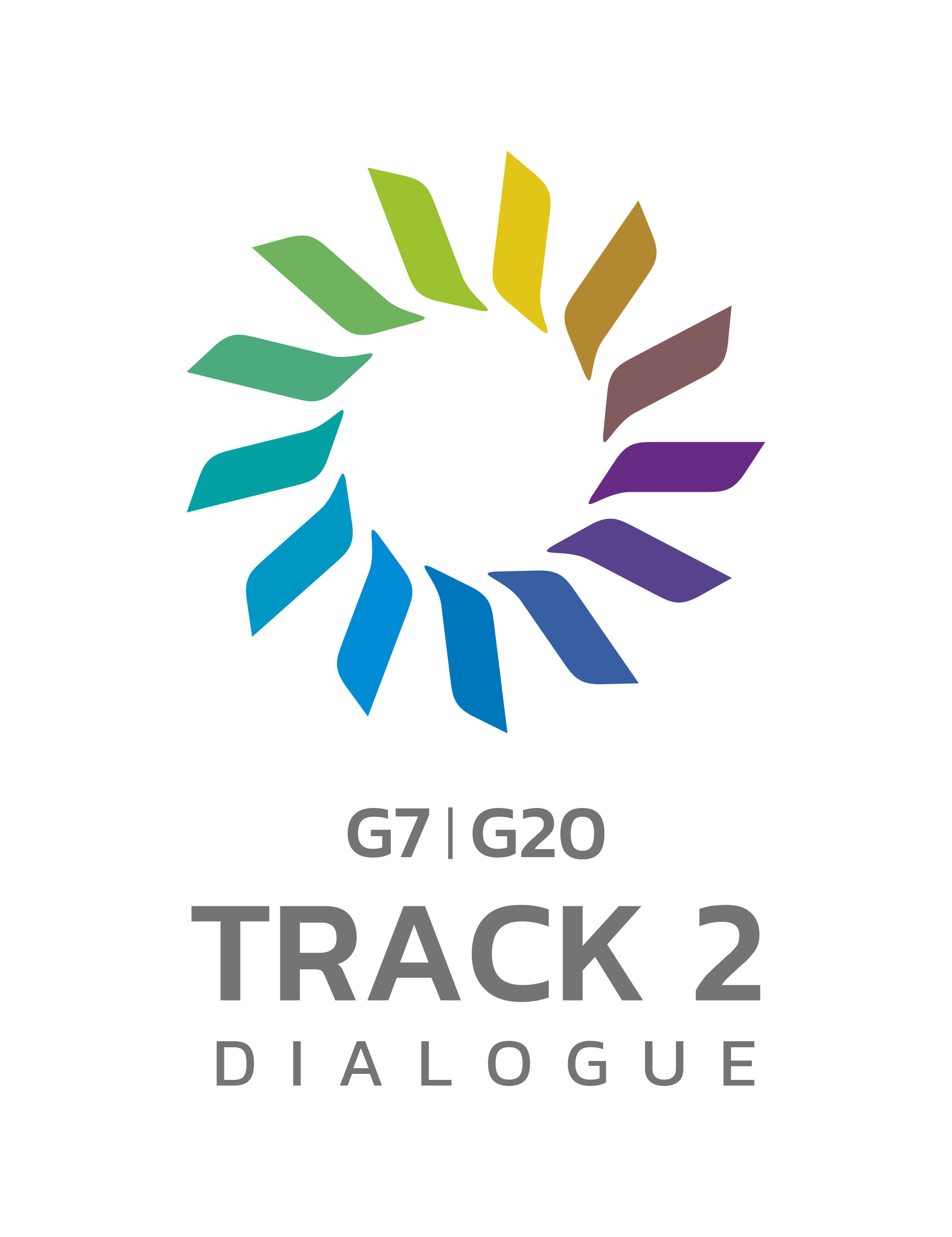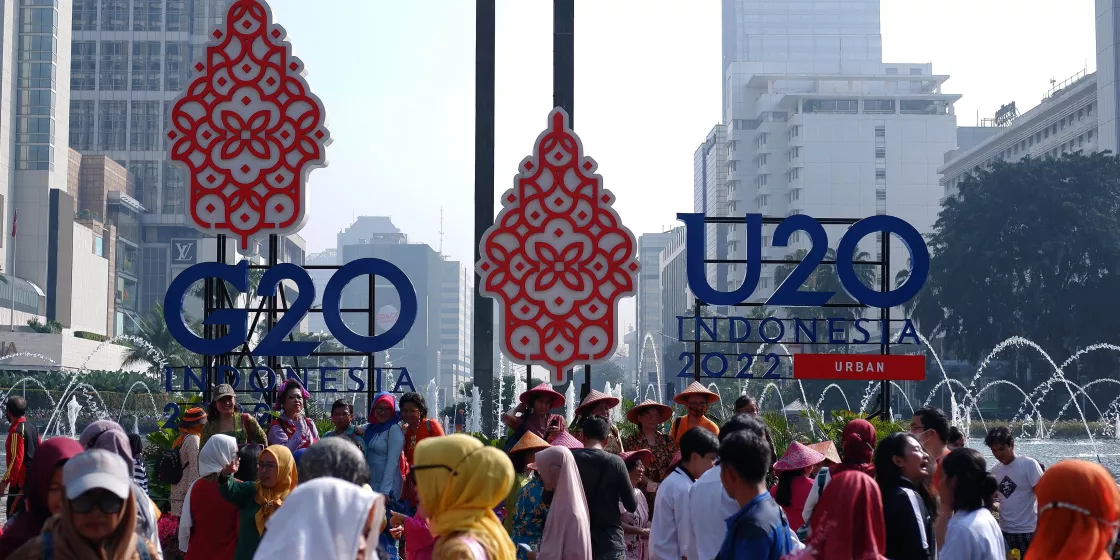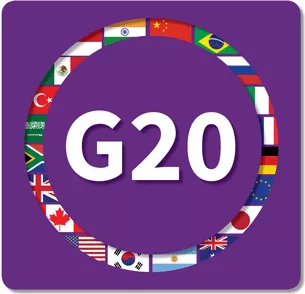 Indonesia will hold the G20 Presidency this year. Along with international partner organisations, Germanwatch will be assisting the dialogue among civil society actors (“Track 2 Dialogue”) and building a bridge between them and political decision-makers in order to strengthen cooperation between the heads of state and government within G20. The main emphasis will thereby be on climate, just energy transition, and other related energy policies.
Indonesia will hold the G20 Presidency this year. Along with international partner organisations, Germanwatch will be assisting the dialogue among civil society actors (“Track 2 Dialogue”) and building a bridge between them and political decision-makers in order to strengthen cooperation between the heads of state and government within G20. The main emphasis will thereby be on climate, just energy transition, and other related energy policies.

Foto: Shutterstock




